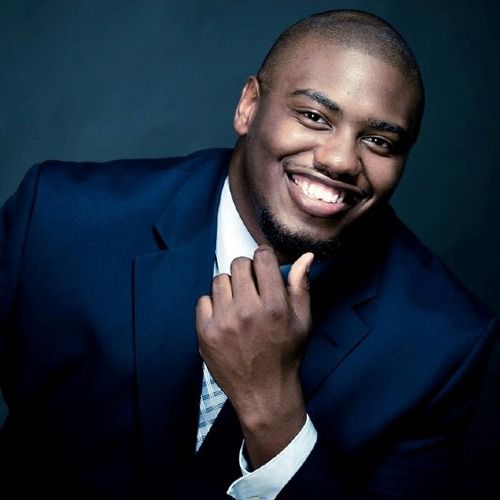Episode 90
Ep 90: How to build positive relationships at work and at home with Dr. Sohee Jun
Wonder how to build positive relationships at work at home? Dr. Sohee Jun discusses tips to encourage you.
As a top leadership coach, keynote speaker, leadership development expert and Amazon best-selling author, Dr.Jun works with emerging leaders and executives to unleash their untapped power for themselves and their teams. During her 20+ years in the corporate world, she has helped leaders transform themselves from frustrated executives to insightful, impactful, and inspired leaders who are engaging employees in exciting new ways and driving their organizations to great success.
Sohee works with world-renowned Fortune 500 companies in entertainment, production & media, start-ups, gaming, financial services, and engineering -- helping high performing leaders, emerging leaders and executive teams identify and strategically capitalize upon moments of shift and challenge as opportunities for powerful growth and change.
Most recently, Sohee served as Executive Director of Organization and development and Change Management at Warner Bros. Entertainment. She previously held internal leadership positions at Countrywide Financial Corporation and Jacobs Engineering Group as well as various HR consulting positions at Jet Propulsion Laboratory and Washington Mutual.
MAIN TAKEAWAYS:
* There’s more success when you have fun with your work.
* All healthy relationships are transactional. Dr. Jun asks about the definition of transactional and if it is just a 1:1 interaction. Alex said it should not ever be one-sided. Transactional means being willing to give of yourself in a healthy way and there’s a value in the exchange.
* There’s more room for giving when building relationships, but if it’s not reciprocated for too long in the workplace, the value shifts and the employee can feel like it’s not worth it.
* In the workplace, employees are the givers in the relationship but leaders must ask, do their employees get value from them in the transactional relationship? It may not always be monetary, but can be kudos and appreciation.
* Time and value are the best things to give in a relationship and it applies to the leader/employee relationship. Leaders must ask how they can provide support and help employees grow in their career. This is valuable to workers.
* Alex really likes Goku and would love a Goku t-shirt! However, if he gave Dr. Jun a Goku t-shirt she’d be unimpressed. Of value to her would be a mani-pedi :) The example demonstrates that everyone doesn’t value the same things and leaders have to do the work to learn what their employees value.
* There are layoffs but it’s talent that companies want to keep due to their assets and they want to ask those players what they value in an intentional and purposeful way.
* How do you decide how to give someone what they need vs what they want when it comes to value? Dr. Jun comes upon this often in coaching and handles it by saying “yes” to what they want but “and” to what they need to support them better. “Yes, … and…” statements give them both.
* Mindset is everything in how you define success. Success takes steps and time.
* Listening creates a level of validation. Feeling heard and understood can help shift mindset. Introducing other options and solutions may be easier to absorb.
* The thought of ”not negotiating with terrorists,” leads to no one talking and no one learning. It leaves leaders in conflict. Being willing to listen to ideas, not in line with ours, even if we don’t agree, can lead to more conversation and more value as we learn from one another.
* In the office, how hard do you push to get your point across? Dr. Jun said you have to look at how triggered you are and know how to handle the trigger. Take a step back and even ask to come back to it later.
* The hardest thing is to look inward and see how you are centered and grounded, what’s your intention and if it’s not aligning what’s the next step?
* Change is a process that occurs over time. It’s a progression that takes us being willing to forget ourselves.
* Forget and forgive yourself. We can be harsh in how we perform and hard on ourselves when we misstep. We have to catch ourselves and then do better.
* When you know better do better. There’s no reason to stress out. If you did the best you can don’t stress out. But also ask yourself, “Did I do the best I can do?” or “Did I do the best I was willing to do?” Do we challenge ourselves or blame people and obstacles for our failures?
* We have to know our obstacles and know our goals. We must be willing to push ourselves to achieve our goals.
* As minorities, there are obstacles, but moving forward in an intentional way where you have agency and extreme ownership in the situation will help you achieve success.
* Intentionality in refusing to allow anything to stop you from reaching your goals is how minority leaders can set their mindset.
* For Dr. Jun, parenting her 3 kids teach her to be the best version of herself and to treat them as unique individuals with different needs.
* As a leader, you use the same concept for employees. Meet them where their unique personality is and tweak your style just a little for them.


